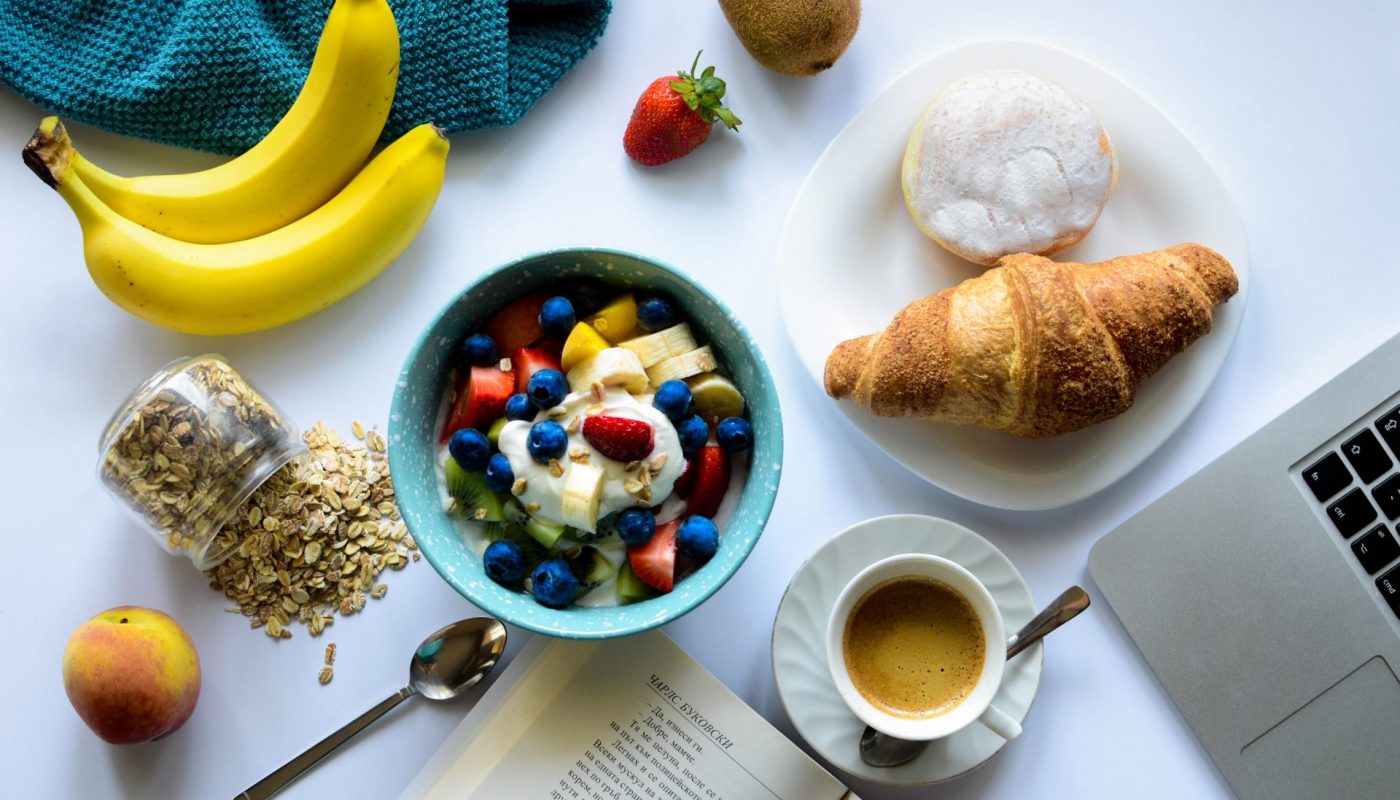Let’s face it. Stress eating – or in my case not eating – when being stressed is a big problem.
As we know stress can be caused by many, many different reasons.
My perspective
For me personally I am just a very stressed out person in general. My mother once asked “Can you even live your life without being stressed about something?” and you can’t even image how right she was with this assumption. If I am not stressed by upcoming exams in uni or upcoming deadlines at work, I can assure you that I will find whatever reason to stress about (if you need an example, it can reach from health issues, to doing my tax declaration or if I maybe was caught without noticing it when I was speeding the last time – which of course I would never, ever do!).
Something that also struck my in my cycle of stress is how much this affect my way of eating. Studies show that stress has a big impact on how and even what you it.
How being stressed affects your eating habits
There are two types of ways on how people deal with eating when being stressed. Those who have sudden craving and those like me who just stop eating at all.
Other common nutritional problems caused by stress are the following:
- skipping meals
- eating junk food (guilty!)
- forgetting to drink water
Another thing that impacts our reaction to stress is, and it really hurts myself to say that, the consequences caffeine has on our body. Caffeine causes our kidneys to produce more adrenaline and, as we learned in my first article, adrenaline is liberated as one of our body’s reaction to stress.
All of the things mentioned above confuse your body even more which can lead to a higher amount of tiredness, lowered ability to concentrate or on the long run even severe health issues like weight gain and let us not forget about our favorite problem: stress.

What you can do about it
But don’t worry: there is hope! It is proven that certain ways of eating even help our body to reduce the amount of stress we are currently feeling.
Nutritive substances and vitamins like vitamin B1, B2, B6, C and B12 are supporting your neurological system and protect your cells from stress. Magnesium helps to reduce fatigue whereas magnesium contributes to normal mental function, to provide some examples.
What’s next?
In next weeks blog I want to provide you with how I implemented about what I learned about eating in stressed situations into my already full schedule. Stay tuned!
Do you have any eating habits in stressed situations? Let me know about them on my Instagram page!




Highly relevant to me, thank you for tackling this topic! I’m looking forward to reading more, especially about nutrients that keep energy levels up.
Cool post and I can totally relate! But can you recommend a stress food which covers those vitamins? Then I am at least doing something good to my body 😉
Hey Elsa, my problem is that when I’m stressed I eat not only junk food (I’m on your side) but also a lot more, because I have the feeling I’m always hungry. Do you have any suggestions how to prevent this?
Hi Daniela, I have just added a new post with my favorite anti-stress recipe. Maybe you want to give it a try? It has a lot of nutrients and keeps me full for the entire morning.
Do you have any suggestions for me which ingredients from my backyard can help prevent stress?
I have the same problem. When stressed I can’t eat. And if I manage to eat, I get stomach pains and headaches. Stress is the worst thing that can happen to the human body. But knitting helps!! 💚😎